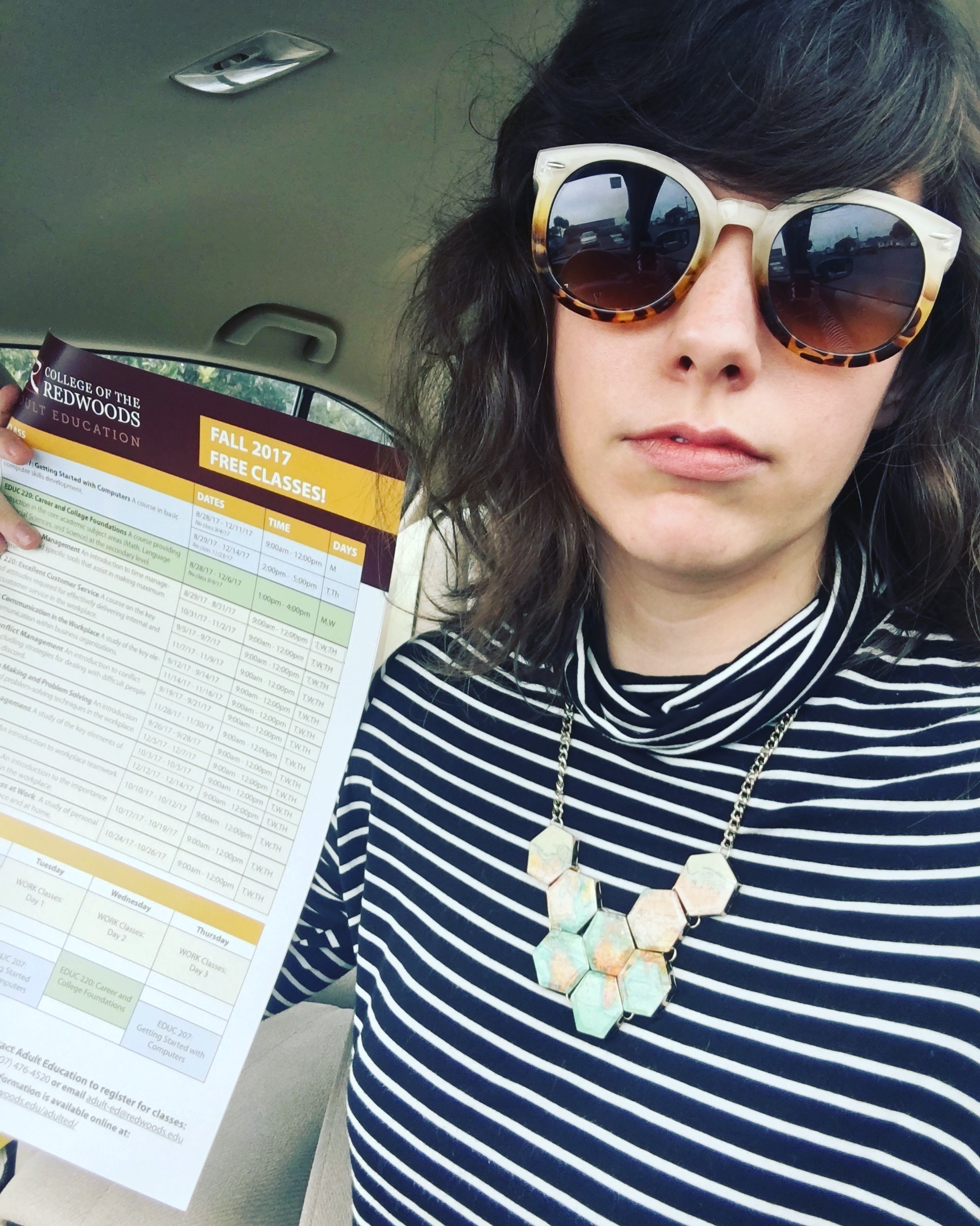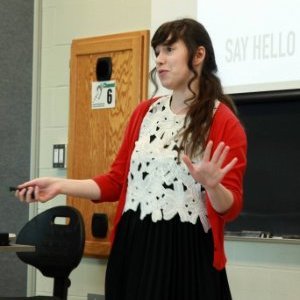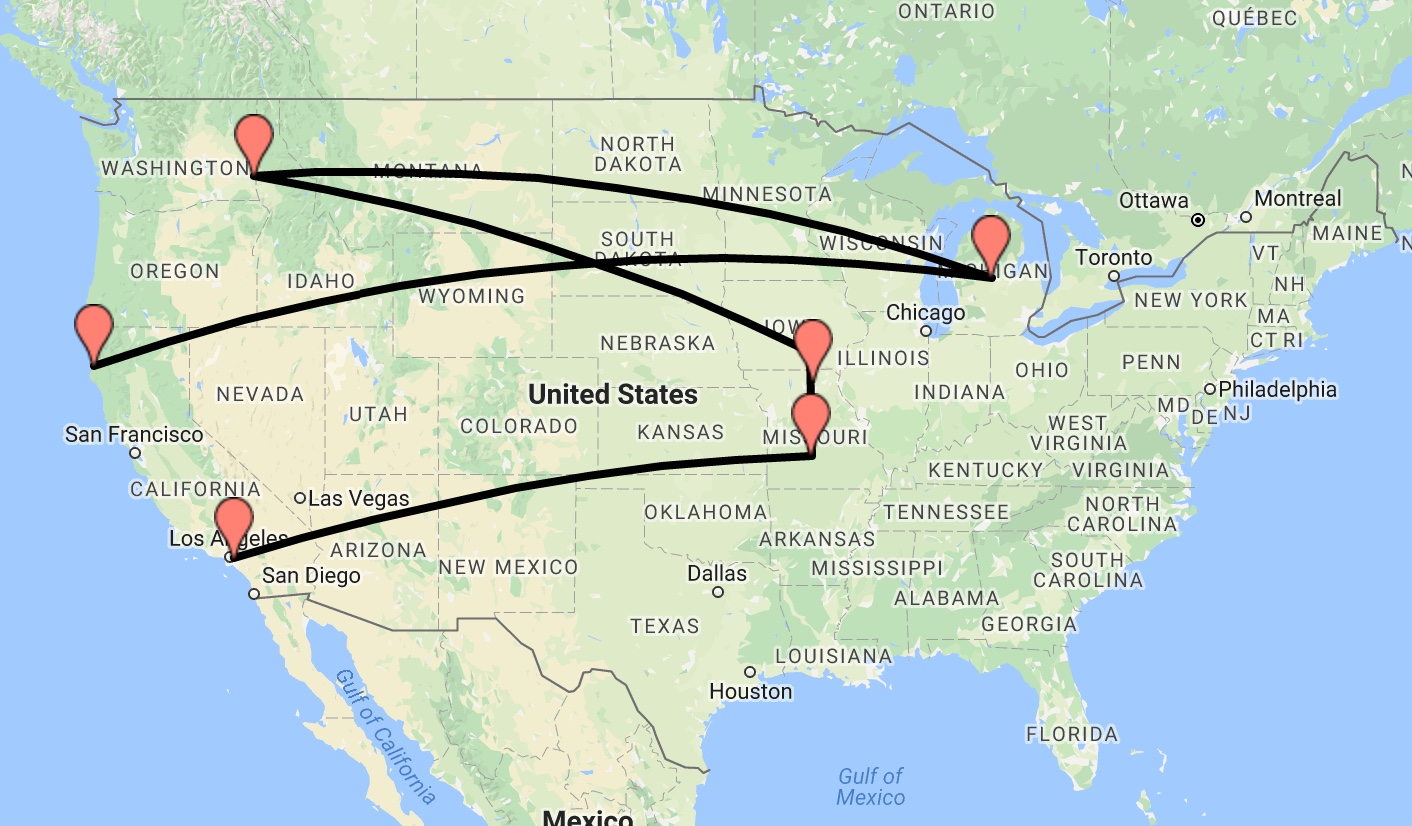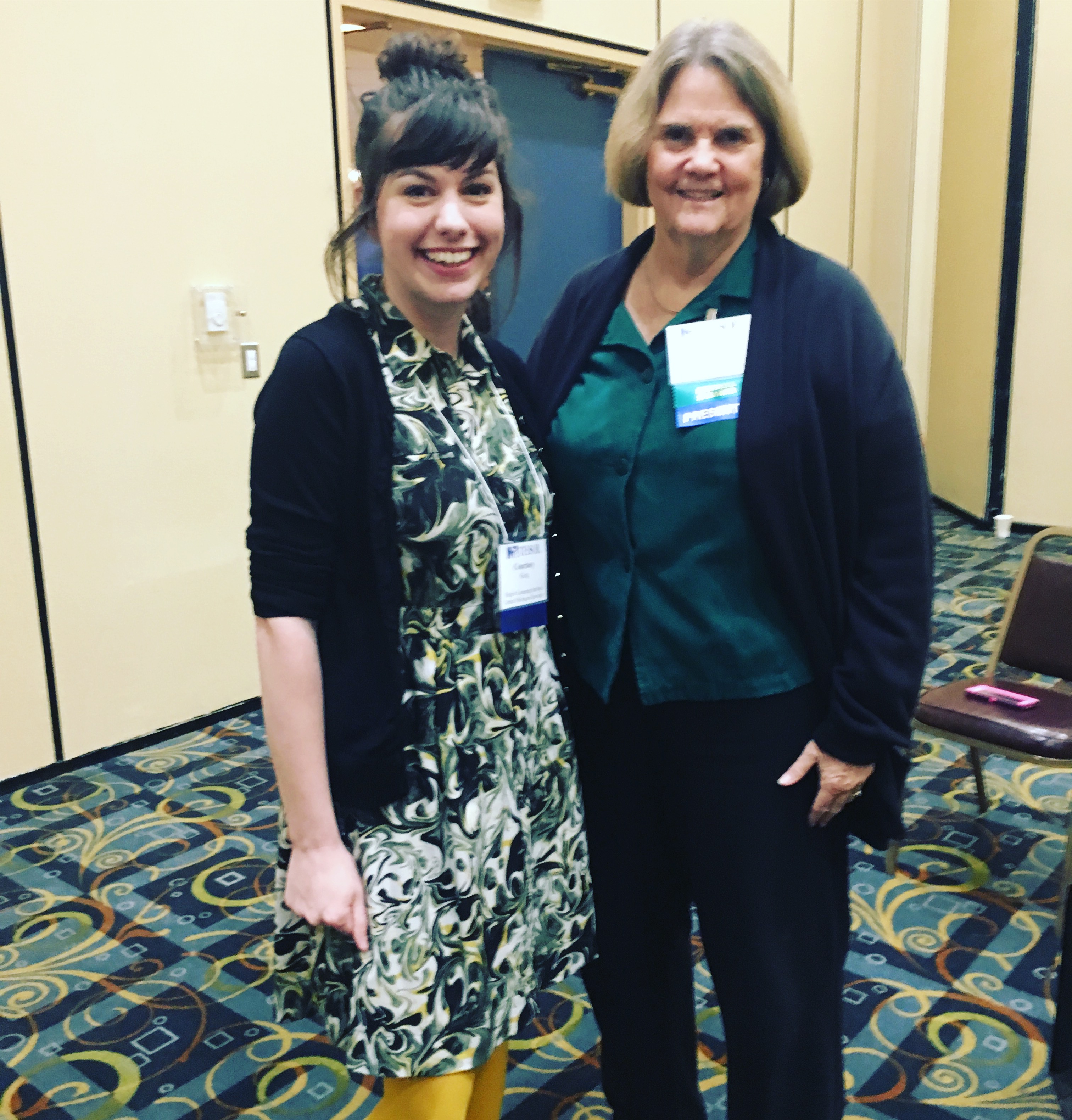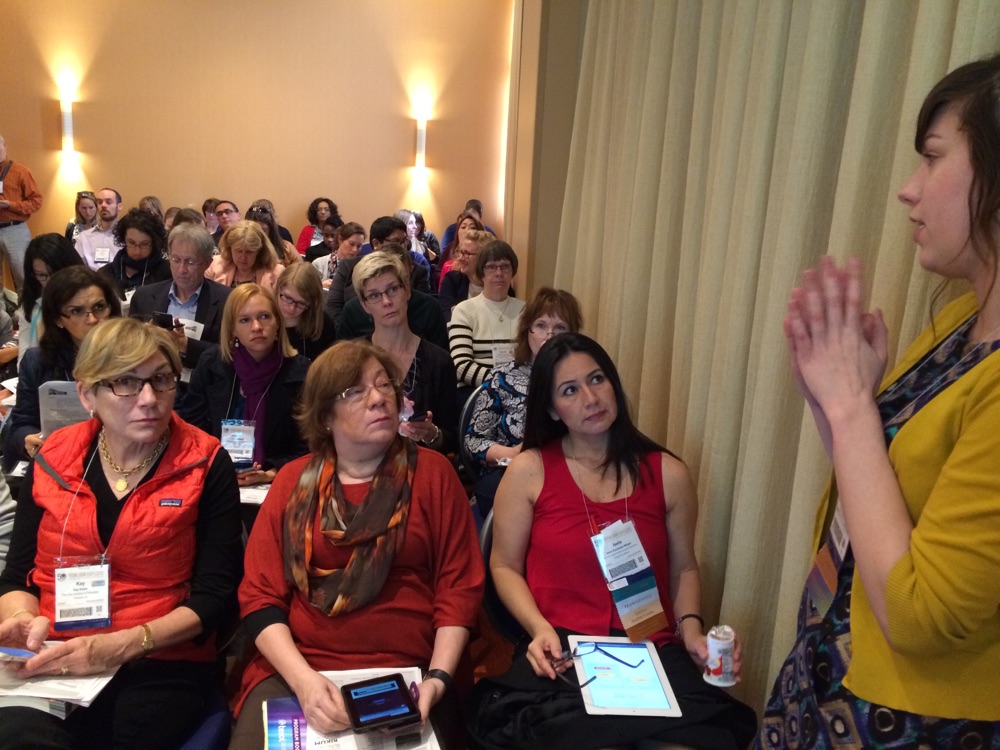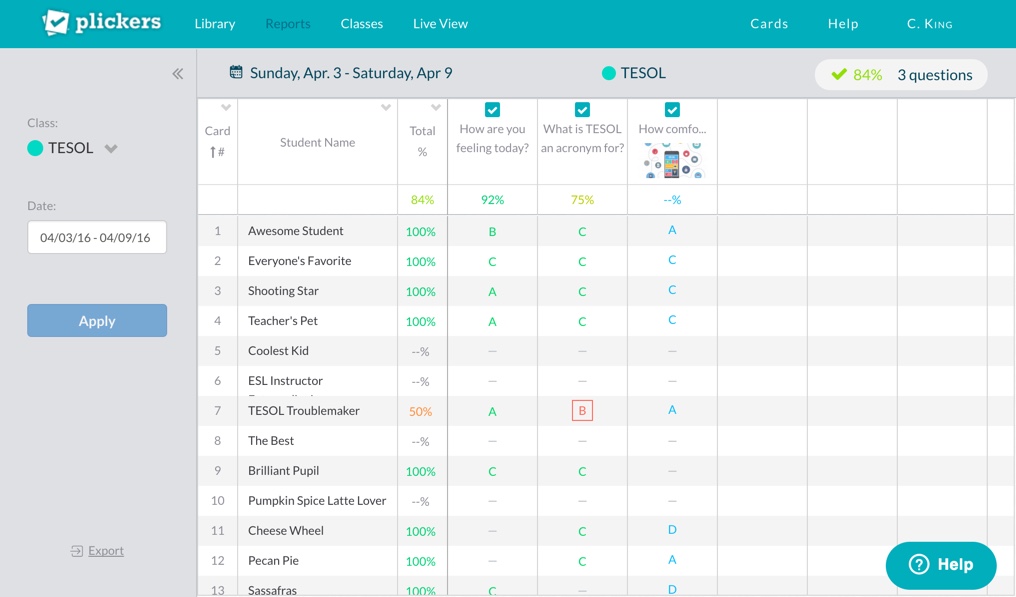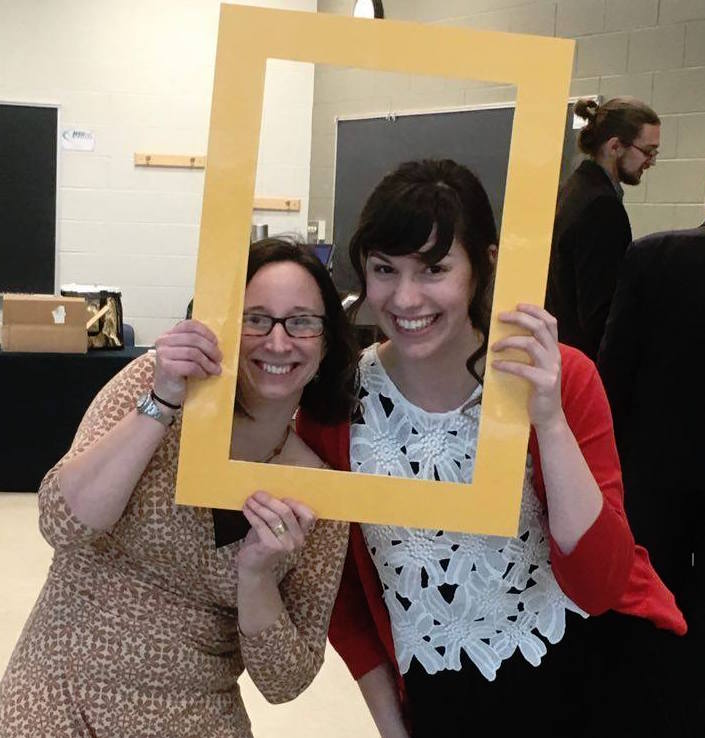In my previous blog post I explored my motivation for leaving the academy. Now I would like to offer a few nuggets of advice to those of you currently struggling as adjuncts who might be curious about a career change.
Teaching is 1000 transferable skills
When I started converting my CV to a resume, I got extremely discouraged by how limited my professional experience looked through a non-academic lens. When I was applying to teaching positions, I felt proud and confident. I had the skills, education, and enough experience to make me a competitor for all but tenure-track jobs. I had been employed at a professional level for six years, all the while presenting at conferences, running extracurricular programs, and even squeezing in a summer teaching abroad. My experience as an educator was diverse and impressive, but I was terrified by how sad it looked to invest in two M.A.s and dedicate a not insignificant fraction of my life to a career and then suddenly diverge. I feared looking like a failure.
That’s when I tried to get more creative and sell my skills in a new way. After all, teaching is an extremely creative venture, where we have to be inventive daily. We convince our students that learning is fun. We make games out of challenging tasks. Things go wrong. We regroup. We move on. We spin it in a new way. We can apply these rich skills we used to be effective in the classroom when we craft our application materials as well. This is the fun part! Sit down and start breaking apart the microskills your teaching experiences represent and put them in a repository for future use.
A small sampling of skills you may develop while teaching:
- Change management
- Ability to develop and evaluate alternatives
- Adaptable communication styles for diverse audiences
- Ability to work independently and in a team setting
- Empathy and respect for other perspectives
- Ability to analyze data, draw sound conclusions, and adopt an effective course of action
- Time management
- Ability to organize and prioritize multiple assignments
- Proficiency with communications-related technologies, including personal computer applications, telecommunications and video equipment, internet, voicemail, e-mail, etc.
- Ability to gain and maintain the confidence and cooperation of those contacted during the course of work
- Capacity to present ideas and information effectively both orally and in writing
- Ability to perform well under pressure on time-sensitive and high priority projects
The above skills were sourced from Duty Statements and Desirable Qualifications sections from California State job postings.* See? People care about these things!
Choose your own adventure
With all of these valuable skills, the new routes you can take in your career are multitudinous (but don’t use that word in the interview; you’re trying to blend in).
I can only speak from my personal experience, which includes teaching English Literature, English Language Learners, GED Preparation, Computer Literacy, and Workplace Readiness. I taught at a number of universities in Washington, Idaho, Michigan, China, and California, as well as a California Community College where I had the opportunity to work on a reservation, in a rural community center, and in a government grant-funded job center.
My educational background consists of a B.A. in English Literary Criticism with an emphasis on Women & Gender Studies, a M.A. in English Literature that focused on feminist and disability studies as well as British modernism, and a M.A. in TESOL that culminated in the development of a feminist English language pedagogy of radical tolerance.
I am a passionate person. I want to do work that builds intimate connections with people, allows me to write, puts my public speaking skills to use, and encourages using and learning new technologies. I care about social justice and am motivated by promoting equality. Teaching was a perfect fit for me. It was hard to accept that it would not be the only perfect career for me, but I found a new home and with some dedication, you can too.
You will need to start your own journey in order to discover the careers that fit your individual experience, but I am able to translate my teaching experience into applications for the following positions:
- Human Resources
- Trainer**
- Recruiter
- Diversity and Inclusion Specialist
- Workforce Planner
- Employee Engagement Coordinator
- Public Relations
- Social Media Manager
- Copywriter
- Spokesperson
- Educational Consultant
- Technical Writer
- Marketing Specialist
- Event Planner
If you studied something other than the humanities, you might have many more viable options than I did! I collected degrees in a field whose punchline is generally “Do you want fries with that?” and I’m gainfully employed in a totally new and incredibly motivating position.
Speak the language
Breaking out of the jargon of the academy is hard. You have a strong identity and sense of purpose in your work, and you’re accustomed to talking about it with other academics. Stop that. If you want a job in a new field, you have to learn the language. Read the job description and use the very words your new employer used to describe their ideal candidate to describe yourself.
Hiring managers know that you taught when they see your job titles (instructor, lecturer, etc.) so don’t reiterate that too much in your descriptions. Dedicate one bullet point to summarizing your position duties and use the other to emphasize something above-and-beyond or relevant to your new career ventures.
In my resume I emphasize the titles of the courses I taught to draw attention to the skills I possess strongly enough to teach, and because it’s important to see how I diversified my experience and pivoted successfully, even in my previous field. This particular resume is one I crafted for training positions in civil service, so it leaves the teaching experience at the forefront and puts my government work below. Organizing your work into categories can make it easier for the hiring manager to scan and assess (and any extra work you can do for them, you should).
You can nail the interview
Teachers have deep wells of bizarre experiences to draw on during an interview. On top of that, we are remarkably skilled at appearing poised during times of stress and uncertainty. Although we would love to have been perfectly prepared for every possible question and classroom distraction, we weren’t. Strange things happened to us. We are great change managers and amazing project planners. Our time management skills are next -level (would you like to peruse my 15-week Gantt charts?), and we are obsessively organized. Many of us hone our design skills through worksheet creation and presentation preparation. We are masterful!
We’ve got an answer for every interview question you throw at us.
When you get asked a question like “Tell me about a time when you had to deal with prioritizing multiple tasks,” try very hard not to laugh in the interviewer’s face and yell “Every day!”
There are many behavioral interview questions that you will have limitless answers for. The key to nailing the interview is having responses drafted ahead of time that highlight the remarkable skillset you developed in the classroom instead of the singular setting for your experiences. Be sure to use the STAR method as well, as some interviewers will expect that format and could even deduct points for straying from it.
There are some questions that will ask you about tasks specific to your new field that you have not done as an instructor. Your response to these should be simple and honest. “That isn’t something I have direct experience with, but my resume displays ample evidence of a commitment to learning. I am willing to invest in getting up to speed with the best practices in the field and am confident I can do so quickly.”
If you are unfamiliar with behavioral interview questions, do some research (hooray!). This article from The Muse offers a great introduction. Draft responses to each of these questions and keep updating it with every interview question you get asked during your job search.
This brings me to a hard truth. You likely won’t get the first job you apply for. You might need to apply for quite a few jobs. You might have to move to a new city (buh-bye, sleepy college towns). You might have to start at a lower level than you had hoped (although you’ll probably still get a raise from your adjunct wage when you take a technician-level job that requires a high school diploma). You will get promoted because you will shine wherever you go. Keep trying and stay steadfast in the fact that you are brilliant and resilient and worth so much more than the fear and frustration that defines your life as an adjunct.
Farewell forever!
I loved my years in the academy, because I love learning and teaching, but the academy does not love me (or you). Leaving is the best thing I’ve ever done for myself. I frequently get asked when I will return to teaching. The answer is never. Absolutely never. Adjuncting is the terrible partner your friends told you to leave that you kept pretending would get better. Maybe they will! They probably won’t.
I now have a government job that inspires me in new ways and pushes me to be better each day. Civil servants are every bit as passionate as teachers, and we build communities of practice. We go to conferences. We collaborate. We strive to be better every day. The primary differences are that we have livable wages, pensions, benefits, and unions that protect our positions for more than three months. Sick burn, but you deserve it, academia.
I could go on forever about the joys of my state job, but I’m going to reserve that for a separate post. Comment with any questions and subscribe if you want to hear more about my new role and suggestions for getting into the state!
*I currently work for the State of California and found an incredible wealth of positions that match my skills. If you have questions about getting a state job, do not hesitate to reach out.
**Corporate training positions are frequently filled by previous adjuncts. This may be the most direct translation of your skills, but keep in mind that the long-term connections you’re accustomed to making during a semester with a student may be boiled down to a week, a day, or an afternoon. If the planning, practical, and theoretical sides of teaching are the parts you love, this may be a great fit!
